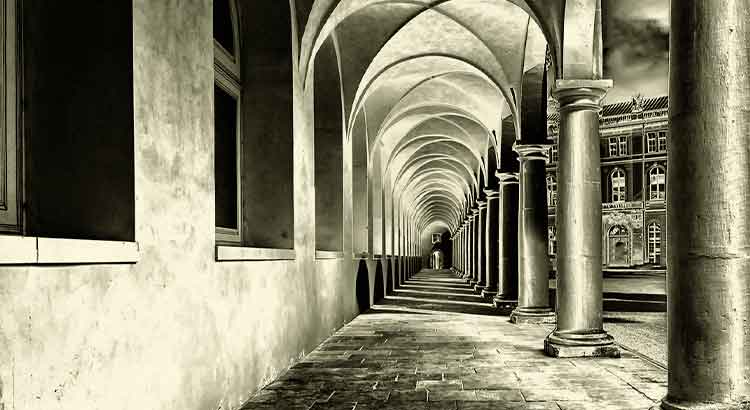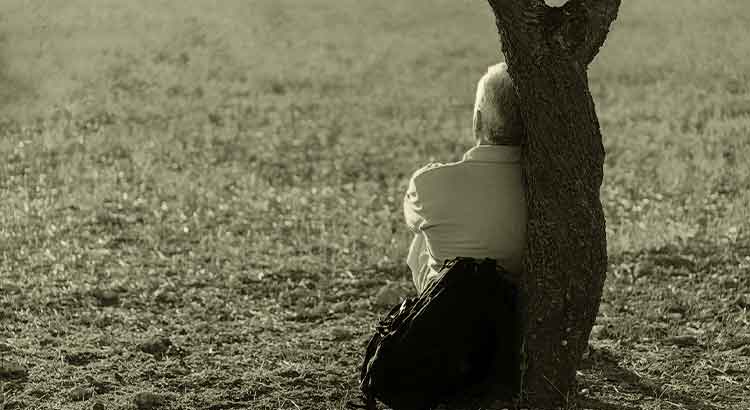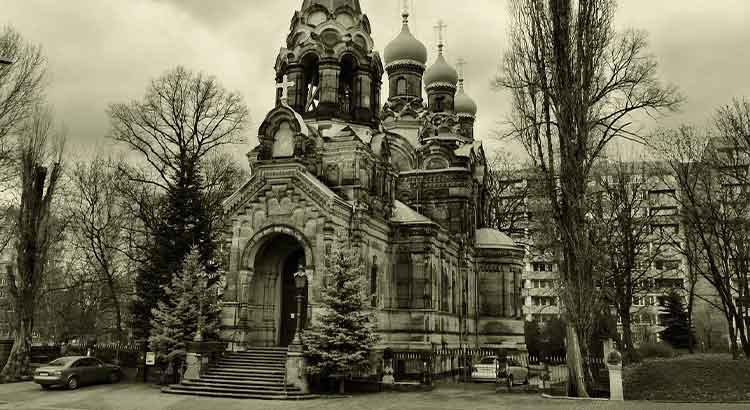I will say here what is an obviousness to me: an artist owes nothing for coherence.. If he thinks it is necessary, he has the freedom to throw it into space. And why do I say that? Because bores me seeing critics say about how incoherent an author is. For me it is very clear: when a philosopher or essayist sits and puts himself to write the goal is one: logic; the author will organize his arguments to expose his reasoning in the most clear and accurate way he can achieve. Not the artist. When an artist sits at the table the goal is another: it is to express the feeling with the greatest power possible, or to make the strongest impression on the reader. Different things. That’s why it is impossible to compare Aristotle and Fernando Pessoa. One does one thing, another does another. And the artist who sacrifices expression for coherence simply diminishes his art: defending ideas does not concern his work. On the verses of a giant:
Do I contradict myself?
Very well then I contradict myself;
(I am large, I contain multitudes.)
____________
Read more:



